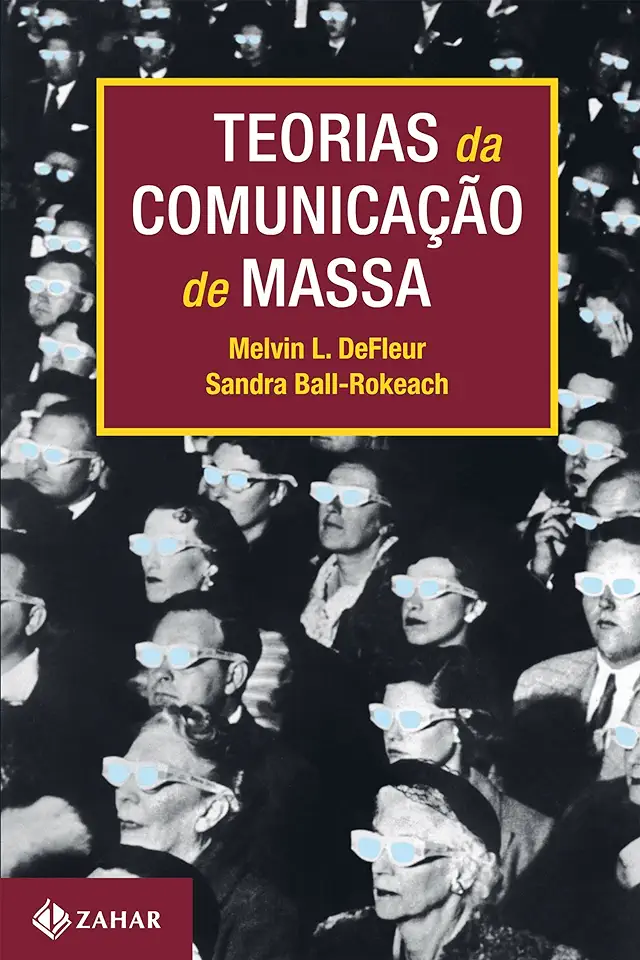
Mass Communication Theories - Melvin L. DeFleur
Mass Communication Theories: Exploring the Evolution and Impact of Media
In the ever-evolving landscape of communication, understanding the theories that shape mass media is crucial for comprehending how information is disseminated, processed, and consumed by audiences. Melvin L. DeFleur's seminal work, "Mass Communication Theories," provides a comprehensive exploration of the theoretical foundations that underpin the study of mass communication. This book is an essential resource for students, scholars, and practitioners seeking to unravel the complexities of media's influence on society.
A Journey Through Communication Theories
DeFleur embarks on an intellectual journey, tracing the development of mass communication theories from their early roots to their contemporary applications. Each chapter delves into a specific theoretical framework, offering a detailed examination of its key concepts, assumptions, and implications. This comprehensive approach allows readers to grasp the nuances of various theories and their relevance to understanding media's impact on individuals and society.
Key Theoretical Perspectives
DeFleur presents a diverse range of theoretical perspectives, encompassing both classic and contemporary approaches. Among the theories explored are:
Lasswell's Model: This foundational model introduces the concept of communication as a process involving five key elements: who, says what, through which channel, to whom, and with what effect.
Agenda-Setting Theory: This theory posits that media plays a crucial role in shaping public opinion by influencing the salience of issues and topics in the public consciousness.
Uses and Gratifications Theory: This approach focuses on the motivations and needs that drive individuals to seek out and consume media content.
Cultivation Theory: This theory suggests that prolonged exposure to media content can shape individuals' perceptions of reality and social norms.
Diffusion of Innovations Theory: This theory examines the process by which new ideas and technologies are adopted and disseminated within a society.
Applications and Implications
DeFleur goes beyond theoretical exposition by demonstrating the practical applications of these theories in understanding real-world media phenomena. He explores how these theories can be used to analyze media effects, audience behavior, and the role of media in social change. This practical orientation makes the book invaluable for researchers, media professionals, and policymakers seeking to harness the power of communication theories for effective decision-making.
A Comprehensive and Engaging Resource
"Mass Communication Theories" stands as a comprehensive and engaging resource for anyone seeking to delve into the intricacies of mass communication. DeFleur's clear and accessible writing style, coupled with his thorough analysis of theories, makes this book a must-read for anyone interested in understanding the profound impact of media on our lives.
Why You Should Buy This Book
If you are passionate about understanding the dynamics of mass communication, "Mass Communication Theories" is an indispensable addition to your library. This book provides a wealth of knowledge and insights that will empower you to critically analyze media's role in shaping society and human behavior. Whether you are a student, researcher, or media professional, this book will serve as an invaluable resource in your quest to comprehend the ever-changing landscape of communication.
Enjoyed the summary? Discover all the details and take your reading to the next level — [click here to view the book on Amazon!]